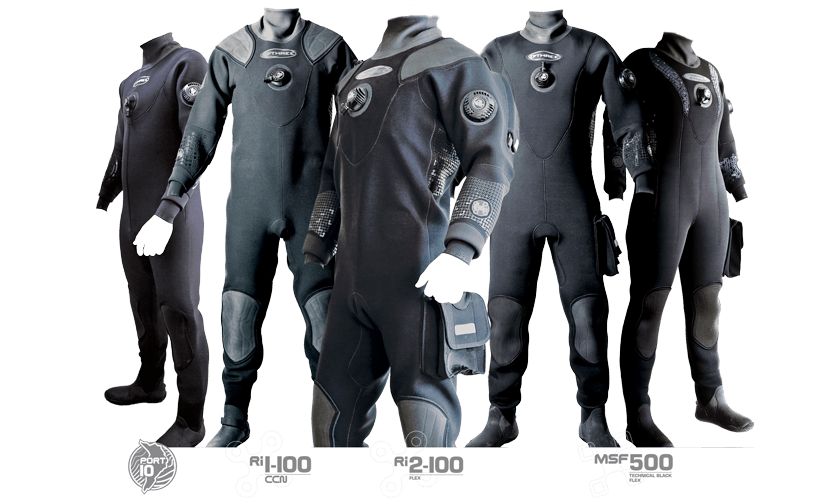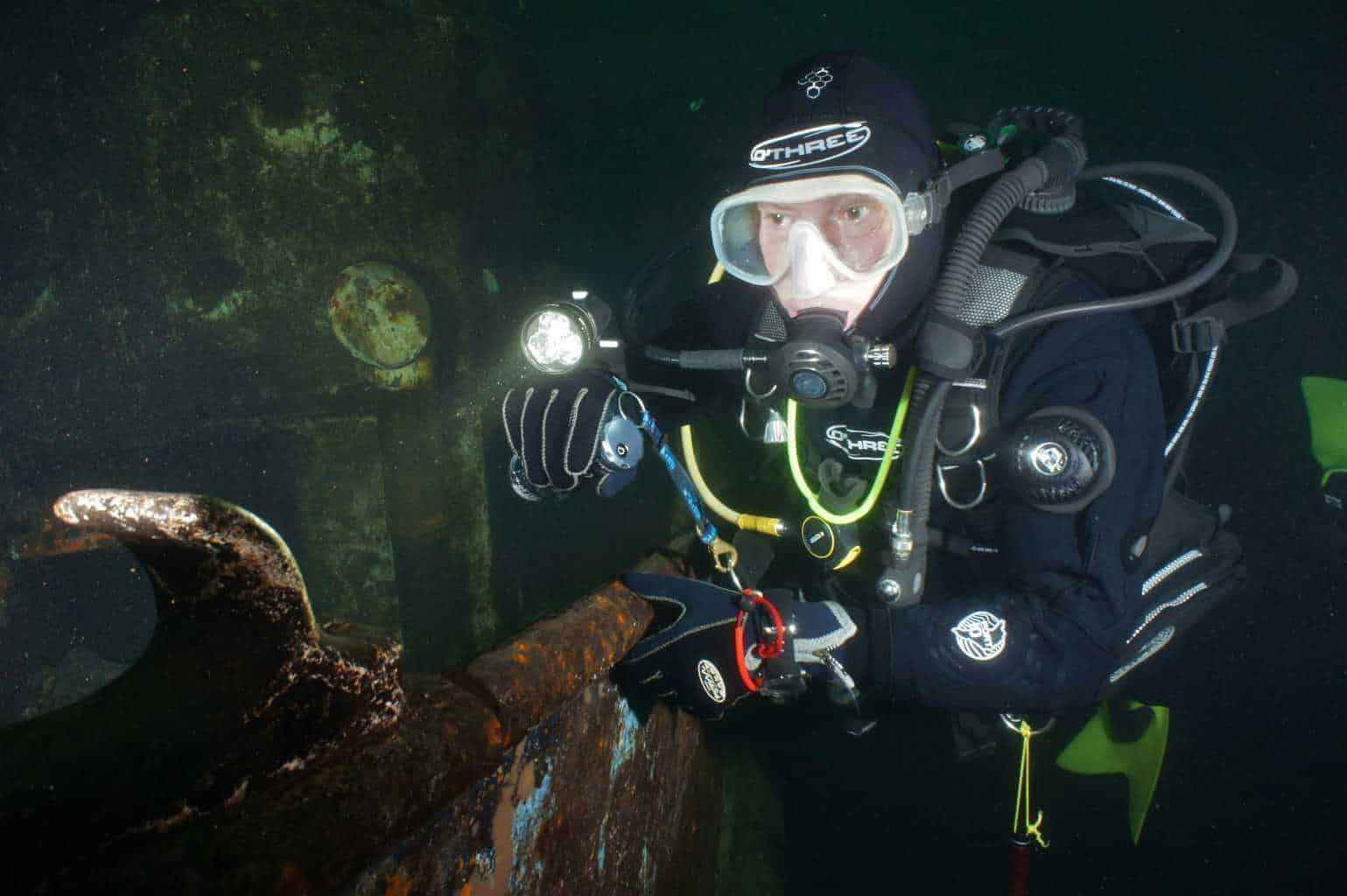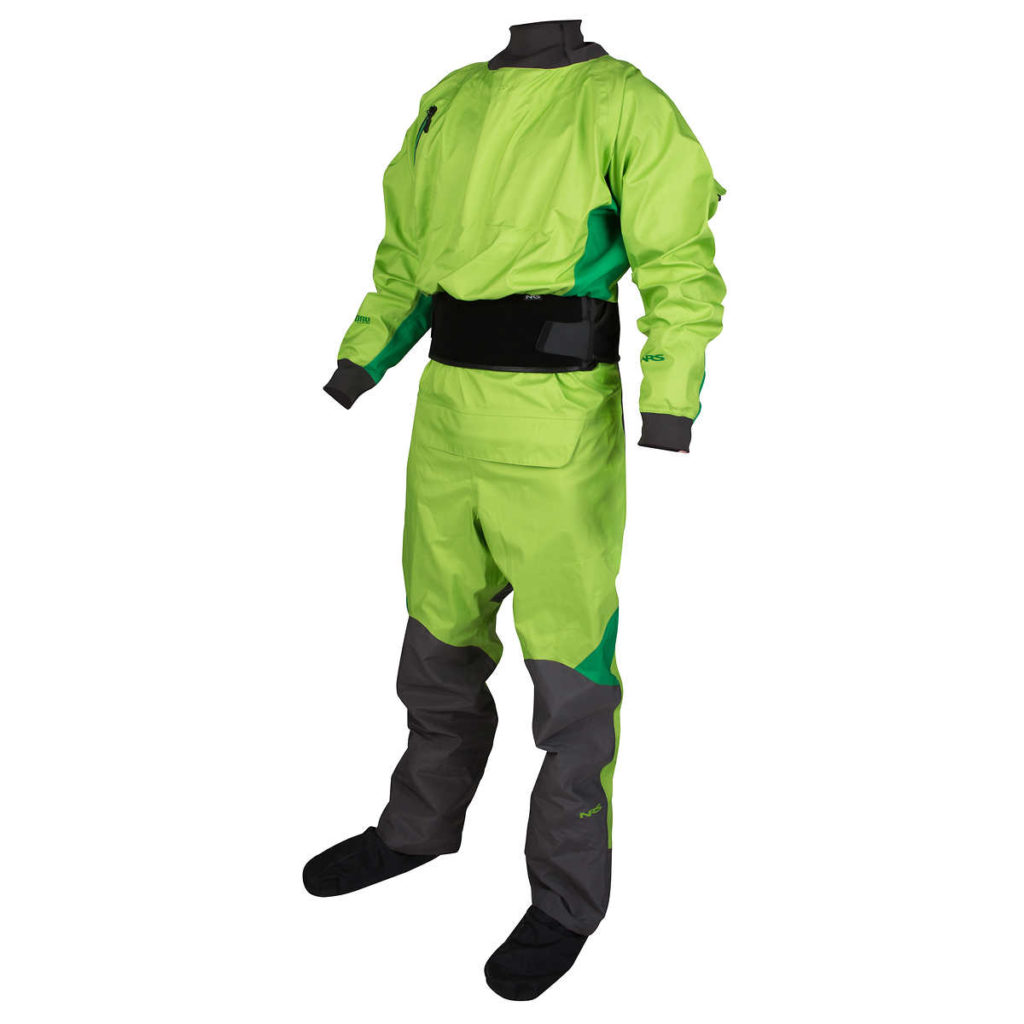If you prefer the feel of a wetsuit but need the thermal advantages of a drysuit or if you re on a budget then a neoprene drysuit might be for you.
Are neoprene or laminate drysuits better.
Neoprene was invented by dupont in 1930 and remains the best thermal insulator for any water sport above or below the surface.
This makes it even thinner more durable and have a much smaller effect on buoyancy.
There are two main types of drysuit in use today neoprene and laminate neoprene having the better thermal insulation but losing out on flexibility and weight.
If you prefer the feel of a wetsuit but need the thermal advantages of a drysuit or if you re on a budget then a neoprene drysuit might be for you.
My personal preference is for crushed neoprene which has good thermal insulation and flexibility.
Drysuits made out of compressed neoprene are sold by a number of companies.
Scubapro offers two neoprene drysuits the exodry and the everdry 4.
They are often worn with fins and a mask such as these great full face dive masks.
However if you dive in a wide range of temperate to cold water temperatures and if durability is a factor and you don t mind spending a little extra cash then a fabric suit also called a shell suit may be the way to go.
The neoprene goes through a process that changes the structure.
The neoprene suits are more form fitted which require less air to be used in the suit and offer the diver a more streamlined suit.
Gary asson from the sub aqua association said.
Refined techniques and huge investment has created a range of neoprene suitable for applications from running tracks to triathlon wetsuits.
Another type of drysuit material is crushed neoprene.
As you would expect neoprene has evolved in those 85 years.
Neoprene suits are economical in the sense that they are typically less expensive and eliminate the need to buy undergarments as well.
According to the manufacturers these suits are made of foam neoprene that has been made denser and thinner by compression.
If a 4mm compressed neoprene suit has been made from 7mm foam neoprene and then compressed it should weigh the same as an equivalent 7mm suit.
Generally speaking neoprene drysuits are thicker than membrane suits and more insulating.






























